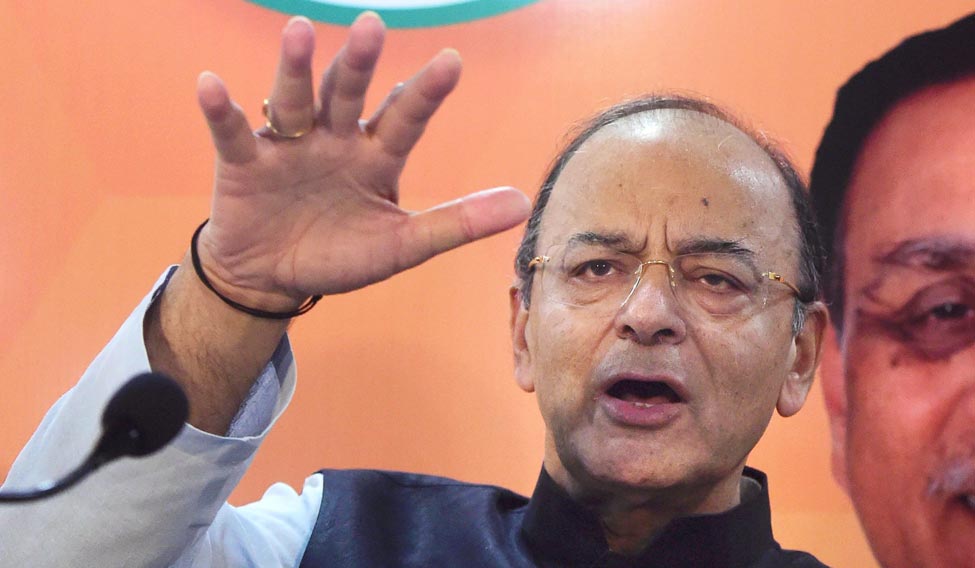The finance ministry has clarified that depositors' interests will not be sacrificed in the FRDI (Financial Resolution and Deposit Insurance) bill . It will rather give an extra layer of protection to depositors in a more transparent manner.
"The FRDI Bill is far more depositor friendly than many other jurisdictions, which provide for statutory bail-in, where consent of creditors / depositors is not required for bail-in", says the finance ministry note.
Concerns have been raised on the bail in clause in the FRDI bill. Under a 'bail-in' clause, banks issue securities in lieu of the money deposited. In the past, bail-in efforts have largely worked against depositors. The bill does not clarify whether it will be statutory or banks will seek depositors consent.
The FRDI Bill seeks to create a framework for resolving bankruptcy in banks, insurance companies and other financial establishments. It proposes to establish a ‘Resolution Corporation’ to monitor financial firms, calculate stress and take "corrective actions" in case of a failure. The bill has currently been refered to a parliamentary commitee which is seeking suggestions from all stakeholders on the issue.
While it is not yet clear what has triggered activity on the FRDI bill, a financial sector expert said that the government might be seriously looking at it because of poor state of some of the PSU banks.
Six government-owned banks, including Dena Bank, Central Bank of India, are under the RBI prompt corrective action watch after their financials deteriorated. Sixteen of 21 PSU banks have their capital ratio close to regulatory minimum with the peril of breaching it.
The bill empowers the corporation to take corrective actions such as merger or acquisition, transferring the assets, liabilities to another firm, or liquidation.
Earlier, RBI and IRDA were handling resolution cases for banks in case of a bank failure.
The Deposit Insurance and Credit Guarantee Corporation (DICGC), an RBI subsidiary, established in 1971 insures all kinds of bank deposits upto a limit of ₹1,00,000. In case a stressed bank had to be liquidated, the depositors would be paid through DICGC. After FRDI Bill is passed, DICGC will be folded up and its functions will be taken over by resolution corporation.
"Currently, DICGC was bearing the insurance cost which was paid by banks. It is unclear who will bear the insurance cost now and whether it will be passed on to depositors. With government talking about giving more protection to depositors, the insurance cost will go up", said Ashwin Parekh, Managing Director, Ashwin Parekh Advisory Services.
"The FRDI Bill will strengthen the system by adding a comprehensive resolution regime that will help ensure that, in the rare event of failure of a financial service provider, there is a system of quick, orderly and efficient resolution in favour of depositors", said the finance ministry note.




